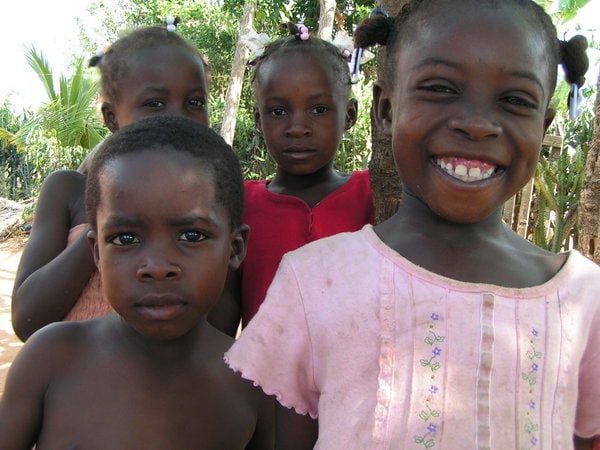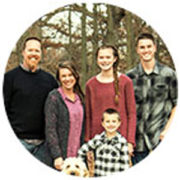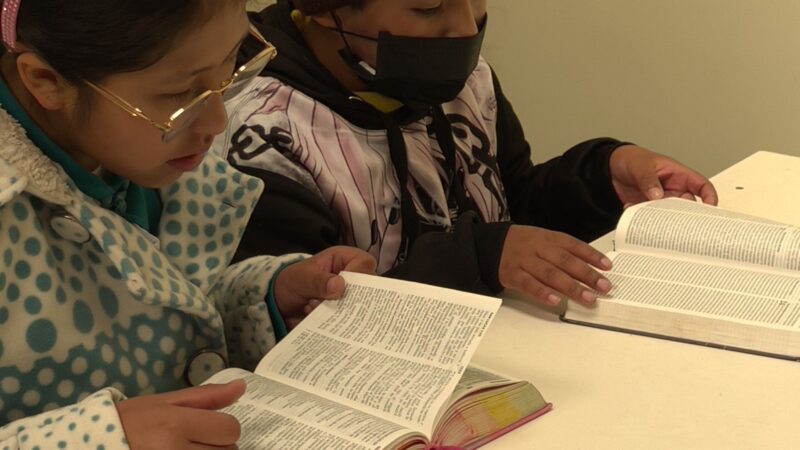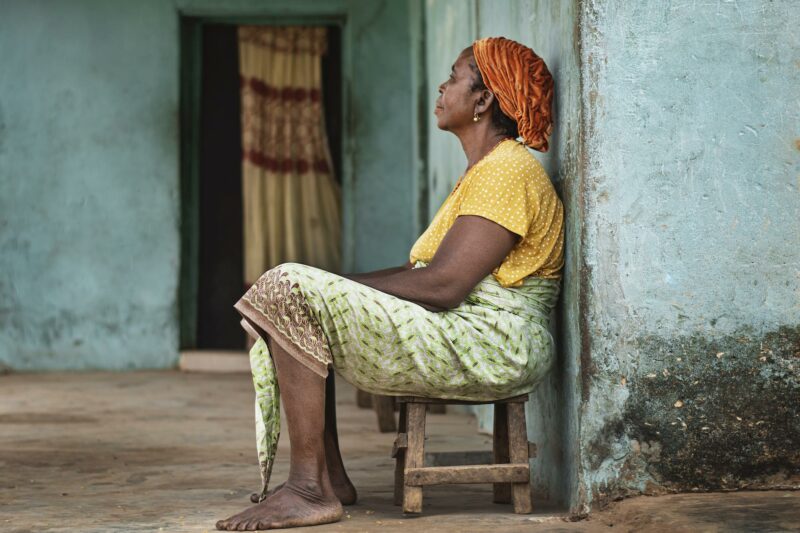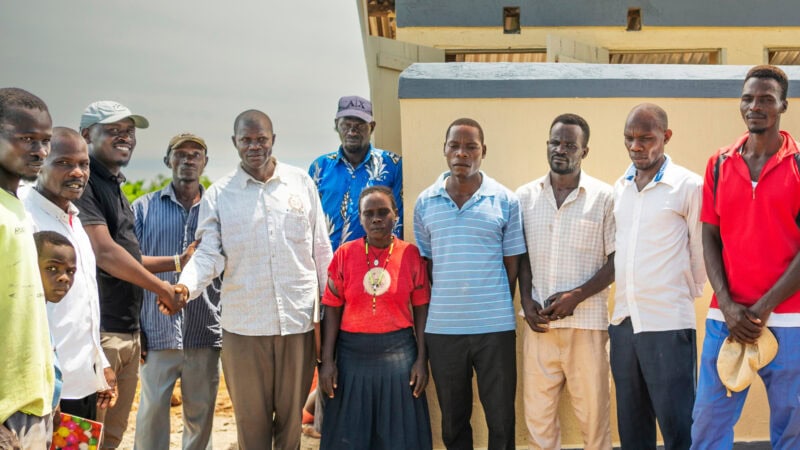“I don’t mind helping, but how can I trust the organization to feed the hungry? This is a huge problem to find someone I can trust.”
“Enough! There will always be poverty, violence and death. We will never be able to give enough.”
“Save our homeless here in the U.S. first.”
Not too long ago there was a post circulating on social media that pictured a man carrying a feeble and desperate looking older woman. The photo was posted by a reputable charity who was trying to gain awareness for the plight of refugees and to generate financial support to help. The organization must have “boosted” this particular post, because I saw it a lot. So many times, in fact, that I started to get sick of seeing it. Before I scrolled past it one more time, out of curiosity I read some of the comments. The statements above expressing much criticism of charity work drew my attention.
A Response to Charity Criticism
We share the world with all kinds of people. Some think and feel like us, and others don’t. We can’t all be passionate (or even compassionate) about the same things, and that’s ok.
Yet some of these comments made me feel mad, others made me think that “some people” are just ignorant while a few others, in my opinion, made a valid point.
At Bright Hope, our efforts and funds go towards helping the extreme poor. We work tirelessly to keep those in a position to help up-to-date with accurate insights about those who need our help the most. We tell their stories, share their photos, and work in their communities with the local churches to help them rise to a better standard of living. To do this, we need people to join our cause, and to send money and prayers to support the work we are doing in these urban slums and remote villages.
Do Charities Do More Harm Than Good?
When someone questions the work we do and ask, “Do charities do more harm than good?” or why we help the extreme poor internationally rather than those at home, here are common questions and how we would answer:
“How do I know if your charity is trustworthy? Will my money really go to the poor?”
How can organizations like Bright Hope combat the common criticisms that charities are known for? Start by looking to see if the charity is endorsed by ECFA. ECFA is a “financial standards association” that accredits American non-profits based on seven standards of financial integrity. You can also check charity watchdog websites such as Ministryvoice.com which gives its “Most Trusted Nonprofits” award to charities that meets their criteria or Charity Navigator, which rates charities on a 4-star rating scale. When all else fails, look at the charity’s website to see if their financial information is posted. (I’m proud to show you that for fiscal year 2017, over 90% of Bright Hope’s budget went directly into the programs that help lift people out of extreme poverty!)
“There are so many hungry people. The problem is too big. We can never solve it.”
It’s true, poverty is a big problem and not an easy or quick one to solve. But that does not give us an excuse to sit back and do nothing. For those of us who call ourselves Christians, it would be wrong for us to do nothing. Isaiah 58:10 says, “Feed the hungry, and help those in trouble. Then your light will shine out from the darkness, and the darkness around you will be as bright as noon.” Always start with prayer. Ask the Lord what He would have you do, and then do it. Pray for the poor. Give to help. Move as the Lord prompts. You are only responsible for what the Lord asks you to do. You don’t have to solve world hunger, but you do need to be obedient to your heavenly Father when He stirs you to action.
“Why should I give to help someone internationally when we have so many poor people right here in the U.S.?”
Well, if you feel strongly about this, then maybe you shouldn’t. It may be that the Lord has put it on your heart to help those in need closer to home. If so, you’d better do that.
The poor in our nation have some resources that the poor living outside of the western world do not. For example, the urban slum in Mathare Valley, Kenya does not have a social services office that provides food stamps, medical cards or unemployment checks. The residents of rural Oruro, Bolivia can’t go spend a cold night in a warm shelter, pick up a used, thick sweater at Goodwill or get a bag of groceries from the local food pantry. They can’t do these things because these programs don’t exist in these poverty-stricken areas. Does that mean poor people in the United States don’t need our help? Of course not. But it does mean that by some ways of measuring it, that those living outside of our borders need our help more desperately.
Final Response
I’m glad the Lord wired us all differently, giving us distinct ways to serve and diverse passions to pursue. Our collective reach for change is greatest when we all work together, being faithful to the unique drive and desire the Lord has put within each of us. Together, we can bring change to the world.
Show Charity To the Extreme Poor.
If you have a heart to help with international needs, donate to Bright Hope’s charity work today.
Donate Now

